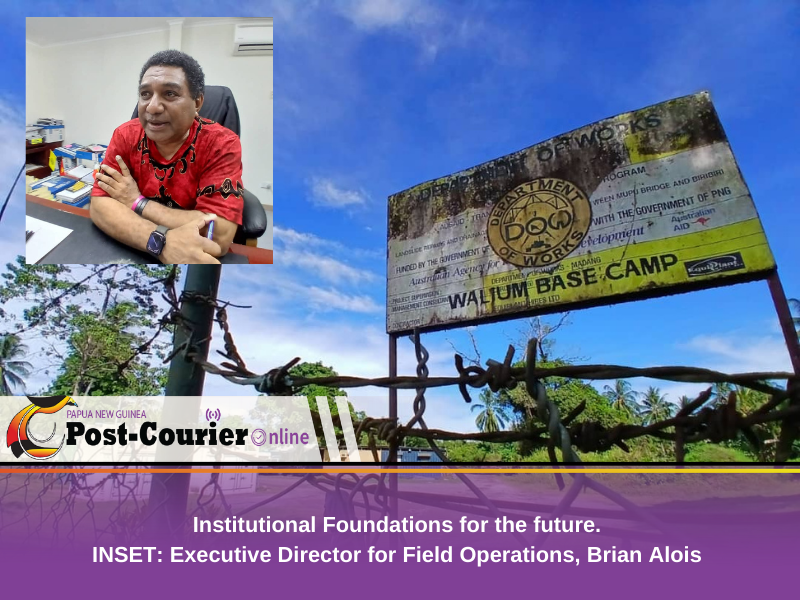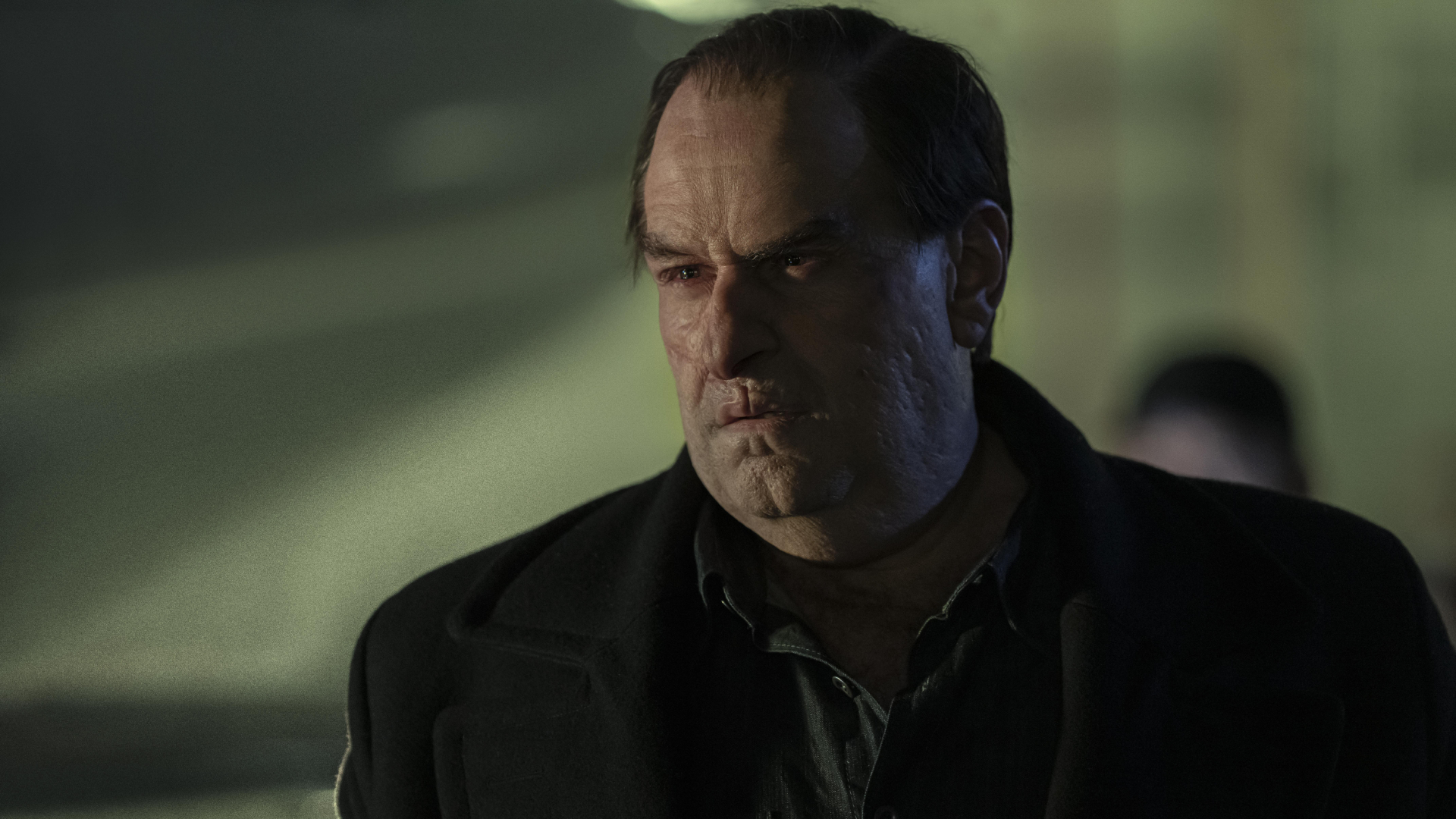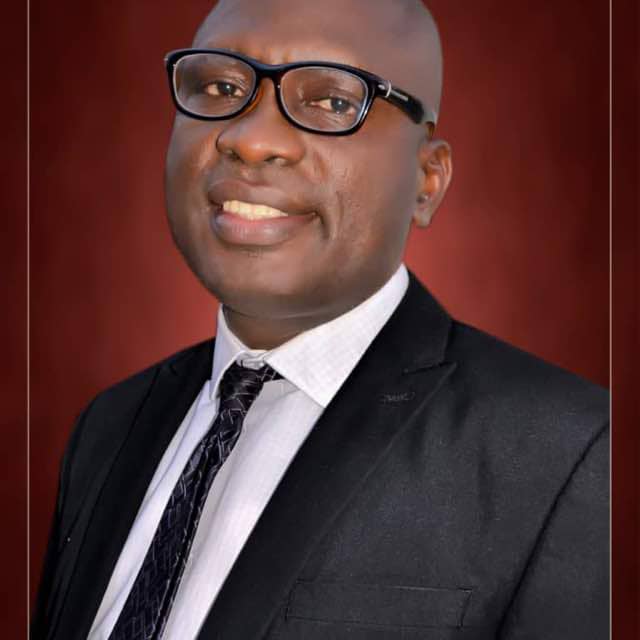By postcourieronline
Copyright postcourier

From his office at the Four Mile Headquarters of the now Department of Works and Highways (DoWH), Executive Director for Field Operations, Brian Alois does more than just manage this important area of today’s DoWH. It is a role he says that is as much about maintaining standards, as it is about managing expectations.
The Field Operations Wing manages the implementation of infrastructure projects through a decentralized structure, ensuring alignment with national development plans.
Mr. Alois, who now leads this important role, looks to the foundational origin of the Department of Works and its original jurisdiction – to build and maintain all of PNG’s public service infrastructure – as inspiration for an unfolding DoWH future.
“I commenced in 1994, immediately after passing out of Unitech. In those days, I remember we were doing all the works using our own fleet of equipment. Maintenance was a core function of the Department of Works.
“We were in charge of all the national highways and some of the major sub-national highways as well. We had camps established every 40 to 50 kilometers apart, and we had workers stationed at all these camps along with plants and equipment, graders, rollers, water trucks and dump trucks. They were all stationed in all those various camps along the highways, and we were doing all the work ourselves,” Brian remembers.
Having permanent crews stationed along all our major highways ensured that these teams were always grading, and in doing so, effectively managing both an engineering and road construction standard, and ensuring that the roads also received routine maintenance.
“That’s how effective our system was when I started working with the Department of Works.”
Alois recalls that the Department was responsible for the upkeep and maintenance of engineering and construction works for the whole of government.
In the years following independence, this included the building and maintenance of teachers houses, police stations, health centers, ports, road and transport infrastructure. The Public Transport Division met and maintained all of the public service’s vehicle needs.
The Department’s whole of government responsibilities came to, in some areas, an abrupt end in 1995 following a National Executive Council decision to reform its responsibilities and to enable the growth of the private construction industry.
For Alois, this one decision was the beginning of the end to Works’ ability to properly keep up its core responsibilities, to make way for the growth of a sector that was not ready to take it over.
“NEC Decision 41 of 1995 put a stop to the Works Department in doing the work ourselves, and to outsource.”
He remembers that this included the shifting of building and maintenance capacity to untenable levels.
“From that point we didn’t have the capacity to maintain and construct all those roads, so slowly over time, the roads were deteriorating right in front of us. The people who were stationed at all those camps. They were all gone.”
Since that initial decision to reform the Works Department, there have been programs implemented to restructure and give Works fresh purpose, and a return to standards.
Alois sees the solution in what was taken away by the 95 reform efforts: the downsizing of structure of 10,000 employees, to one today numbering 10% of its former heady numbers.
Running alongside what could manifest as a more realistic level of recruitment, would be the return of Works’ training institutions to maintain and populate the country’s engineering sector, based on age-old and proven Works’ and national Papua New Guinean standards.
“Our structure ten years after independence was one of the biggest outside of the Teaching Services Commission as a public service employer, numbering 10,024 employees. Today we are just about 10 percent of that.
“We had our own training institutions. So basically, we were training our own people to build and maintain all our government infrastructure services.
“Today there are still two major gaps. The institution that trains the people for our own needs, and then the people who will go to these institutions. Right now, there is no institution for our industry. If you look at it, there is no one training plant operators. There’s no one training artisans. These are specially-trained people. Skilled people.”
“Our first step now is to go back and re-open those institutions.”
Alois can see the clear path to returning Works to a level of control over the development of the public works sector, but it will need a focussed commitment by the government.
“If the government is very serious, then maybe it can now increase our recurrent funding, increases our personnel under our structure, put that 1000 or 2000 people so that we can go back and run the institutions we need to train our artisans, operators and mechanics.”
For Alois, and others now leading the 2025 version of the Department of Works, the end result of a return to standards remains crystal clear. It’s having the drive and resources to reach it.



